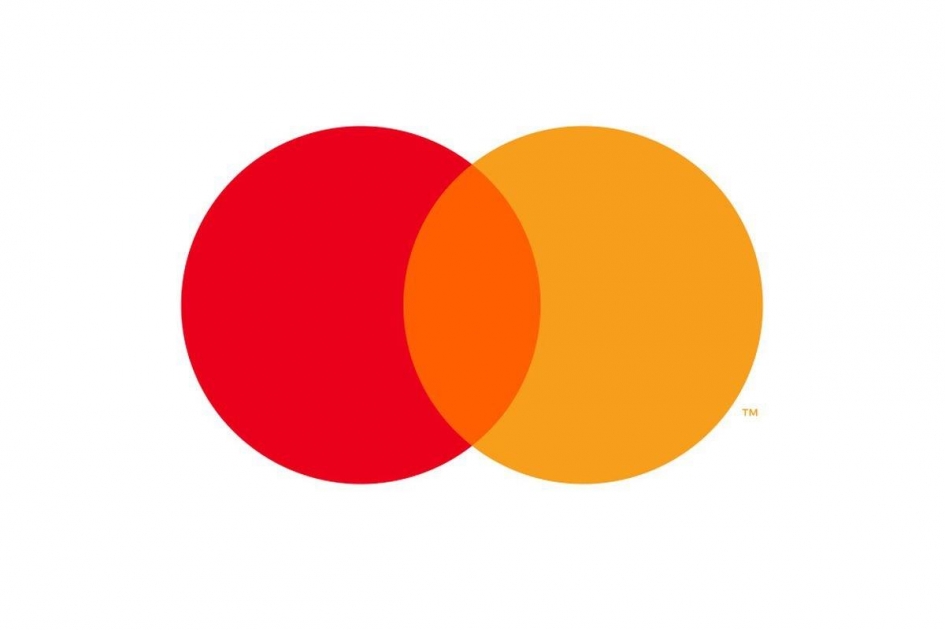
9 in 10 adults in Middle East willing to take personal action on sustainability issues: new Mastercard study
As Earth Day is observed around the world today, new research on sustainability, commissioned by Mastercard, reveals a marked increase in consumer passion for the environment, as personal attitudes toward the environment evolve as a result of COVID-19.
In the Middle East region, 9 in 10 people, stated that they’re willing to take personal action to combat environmental and sustainability issues. This compares to 8 in 10 globally. Over 80% of adults in the Middle East also said they are even more mindful of their impact on the environment since COVID-19.
Social media seems to be driving an increase of environmentally conscious consumers, especially among Gen-Z, with 43% globally seeing social media posts from influential people showcasing climate change or environmental issues since the beginning of the pandemic. Additionally, almost a quarter (24%) of the global respondents say social media has made them more aware of their environmental and sustainable choices.
This signals a growing trend toward eco-conscious spending and consumption among people who want to turn their efforts and purchases into meaningful action for the planet.
Eco-actions essential for forward-thinking brands and businesses
Over 72% of adults in the Middle East think it’s now more important for businesses and brands to do more for the environment, and over 25% said they are going to stop using or buying from brands that do not have a plan to help the environment or behave sustainably. Nearly 15% admitted that for the first time, they have boycotted companies that have not adopted sustainable values.
Buying less impulsively by being more aware of purchases is the top change regional respondents will make as a result from COVID-19.
Specifically, respondents in the Middle East region highlighted the top three issues they want companies and brands to focus on, besides dealing with the pandemic. They want brands to focus on the health and wellbeing of their employees, reduce air and water pollution, and offer more sustainable and durable products.
“Companies, consumers and communities must work together to make the significant changes needed to effectively address climate change," said Jorn Lambert, Chief Digital Officer, Mastercard. "By embedding sustainability into the very fabric of our business – from pay-on-demand solar energy products to tools that help inform consumer spending – we can unlock the power of our network, reaching billions of consumers and partners, to create positive change for the environment.”
Eco-conscious consumers more aware of their actions
Among adults surveyed in the Middle East, 7 in 10 see reducing their carbon footprint more important now than pre-pandemic. Globally, 58% of respondents have become more conscious about how their actions can impact the environment than ever before, with Gen-Z and Millennials (65%) leading this shift.
The trend toward more conscious consumption has grown over the last decade. However, changes in attitudes and actions have increased at a rapid rate as a direct result of COVID-19.
Mastercard is equipping its global network to be a positive force for the environment
Last year, Mastercard formed the Priceless Planet Coalition which unites the efforts of consumers, financial institutions, merchants and cities to fight climate change. The coalition continues to expand and now includes more than 50 members. Collectively, the coalition has committed to the restoration of 100 million trees. Planning is already underway for the restoration of 1.2 million trees in Kenya’s Makuli Nzaui landscape.
Mastercard continues to support partners, customers and consumers by offering environmentally focused products and services, such as cards made from sustainable materials to reduce plastic waste. The company has also pledged to reach net zero emissions by 2050, building on existing commitments to reduce greenhouse gas emissions aligned with 1.5-degrees Celsius. Mastercard has also issued a $600 million sustainability bond and recently announced changes to its executive compensation model to help accelerate progress around three global ESG goals: carbon neutrality, financial inclusion and gender pay parity. This is all in support of the company’s goal of building a more sustainable and inclusive digital economy.


























